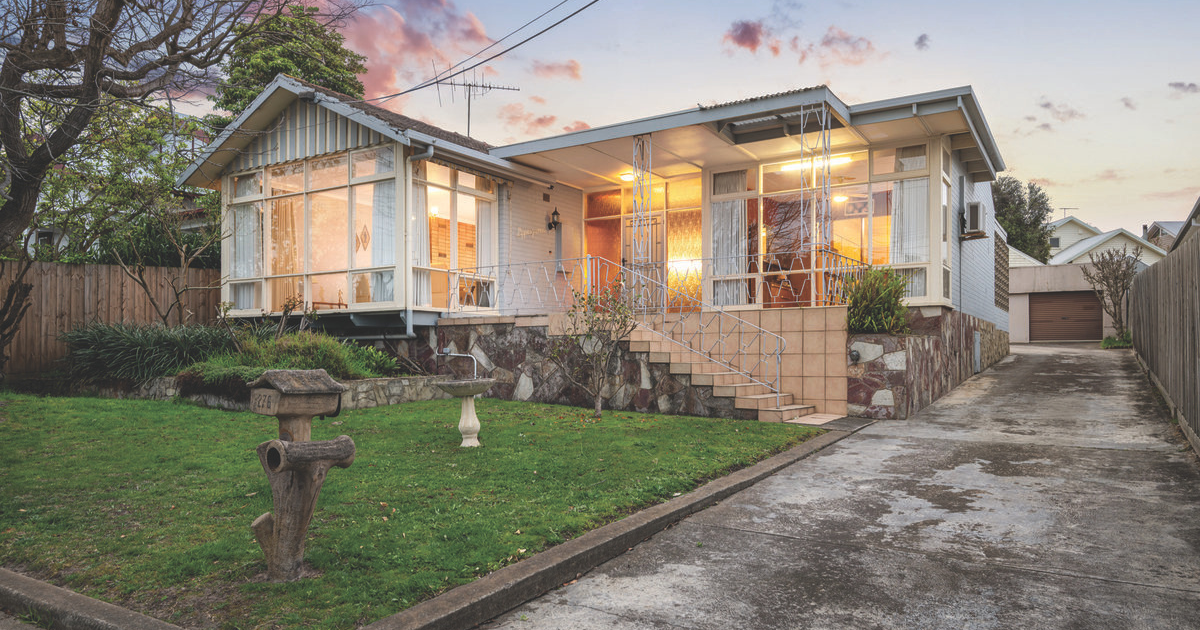Investors continue to jump ship as regulation tightens its grip

PIPA Chair Nicola McDougall said it was clear investors have had enough of being the golden geese to financially fluff up state government bottom lines.
For investors, the residential property market has just got too hard. Many have thrown in to towel as mounting regulation and taxes beat them into submission.
And you can’t blame them for bailing. Why would anyone want to continue to take on the burden of anti-investor rental reforms and property taxes, especially land tax, when you can find other avenues of investment that cause far less headaches?
The sell-off of investment properties around the nation is continuing unabated and is fuelling fears of an even tighter rental market with higher holding and compliance costs as well as new property taxes to blame, according to the 2024 Property Investment Professionals of Australia (PIPA) Annual Investor Sentiment Survey.
The annual survey found even more investors sold a property over the year to August than they did last year, with about 65 per cent of these former rental properties being purchased by homeowners rather than investors.
PIPA chair Nicola McDougall said this year’s survey found 14.1 per cent of respondents sold at least one investment property in the past year, an increase from 12.1 per cent last year.
“These properties are predominantly being purchased by homebuyers, which means fewer and fewer rental properties are available to lease by tenants.”
The survey reveals that of those investors exiting the market, the property was bought by another investor in 31 per cent of transactions, however, overwhelmingly, those rental homes were bought by existing homeowners (44 per cent) or first-home buyers (21 per cent).
“When rental properties are bought by existing homeowners then those properties are removed from the rental pool, thus reducing overall supply,” Ms McDougall said.
“Yes, investors are still buying rental properties, but not at the rate that is needed to replace those that have been lost nor to keep up with the rental housing needs of our soaring population.”
Ferris Property director Michael Ferris said the rental market situation in Victoria highlighted some clear issues not being fully addressed in the broader media narrative.
“While there’s a lot of talk about a rental crisis, in places like Torquay, the market still feels relatively stable.
“However, when you zoom out to the rest of Victoria, it’s clear the market is tightening, and one of the main reasons for this is the detrimental impact of land tax.
“In fact, land tax has done more damage to the state and the rental market than any other contributing factor with many investors exiting the market, not just because of compliance costs and new property taxes, but specifically because the land tax burden has made it nearly impossible for some to hold onto their properties.”
Mr Ferris said although Torquay had not yet felt the full brunt of these trends, regional Victoria was starting to see the effects as well.
“If land tax continues to push investors out of the market, it could lead to tighter conditions, even in more balanced areas like ours.
“So, while the crisis isn’t as severe in Torquay right now, it’s critical to recognise the broader pressures, especially the role land tax is playing in destabilizing the rental market across the state.”
According to the ATO individual taxation statistics for 2021-2022, 2.268 million Australians have an interest in rental property, just one per cent higher than the year before, and just five per cent higher than it was five years ago.
When it comes to investors selling in regional areas, the number one location was regional NSW followed by regional Victoria.
Ms McDougall said strong market conditions in the Sunshine State over the past year can partly explain its high volume of investor sales, while the NSW and Victorian governments had introduced a plethora of anti-investor rental reforms and new property taxes over the same period.
They survey showed that of those investors who sold over the past year, nearly 65 per cent indicated the holding period was less than
10 years, with a staggering nearly one in five saying they sold an investment property that they had owned for less than three years.

















